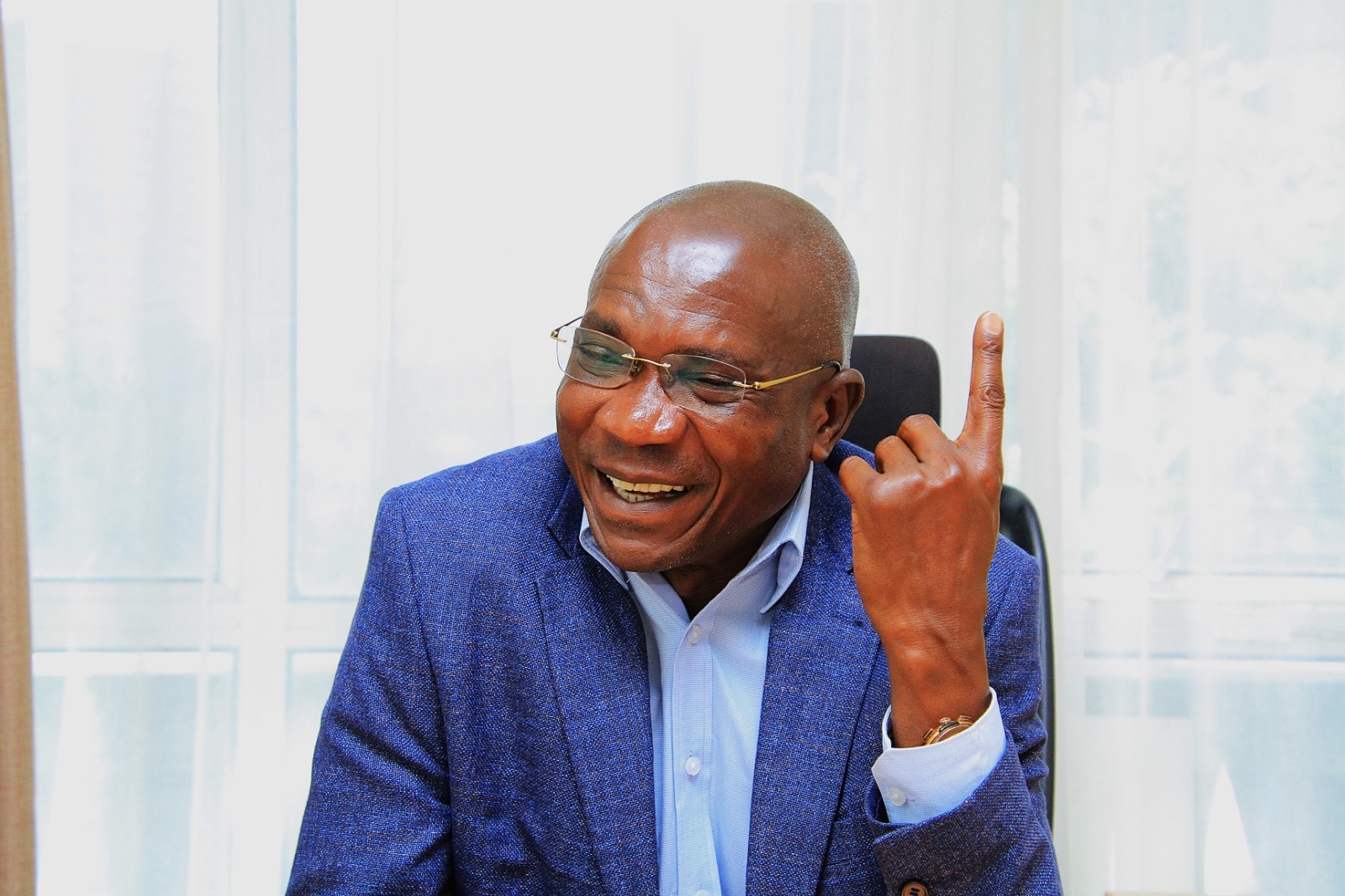President William Ruto has urged African countries to consistently commit substantial resources to infrastructure and industrial development to deliver rapid growth.
Ruto however noted that African states face the rigid barrier “of a global financial architecture that is fundamentally misaligned with our aspirations.”
Ruto made the remarks during the opening session of the 59th annual meetings of the African Development Bank Group (AfDB) at KICC on Wednesday.
He said African countries routinely borrow from international markets at rates far above those paid by the rest of the world, often up to 8 to 10 times more.
“These rates are said to factor in an arbitrary risk profile that is notably not applied when considering mineral extraction, even in areas of active conflict,” he said.
The President said Africa aspires to grow in a just multilateral system and access development financing on fair terms.
Ruto noted that the pace of African economic growth and development has not kept up with the rest of the world.
“More concerning is that the pace of African development remains far behind its undeniable potential,” he regretted.
The President further noted that intra-African trade remains low, with its share of global GDP less than three per cent.
He said Africa’s share of global trade is also low at two per cent, and exports are primarily unprocessed produce and raw minerals.
“Not surprisingly, the rates of poverty and unemployment are high on our continent. The vulnerabilities arising from this situation undoubtedly contribute significantly to conflict, economic refugees, and, in this age of frequent extreme climate shocks,” he stated.
Formed in the first decade following the independence of most African countries, the AfDB embodies the Pan-African ideology of sovereignty, prosperity, and unity.
To date, AfDB has financed 5,432 projects, 4,036 of which are completed, provided a mechanism to coordinate the fight against poverty, improved the standards of African financial and other institutions, and contributed significantly to conflict prevention and resolution.
Ruto added that there is urgency in developing and implementing transformative interventions to turn things around for the continent.
“The financial architecture we advocate for Africa today should integrate the continent’s most challenging development issues of debt sustainability and climate vulnerabilities to enable the achievement of the Sustainable Development Goals and Agenda 2063 commitments,” he said.
The President said the debt problems faced by many countries, which consume the largest share of national resources and starve the development agenda, are a direct result of the unjust financial architecture.
“This situation not only makes debt unsustainable but also undermines growth, prevents countries from investing in resilience, and denies millions of people, especially young men and women, their fair shot at life’s opportunities,” he explained.













